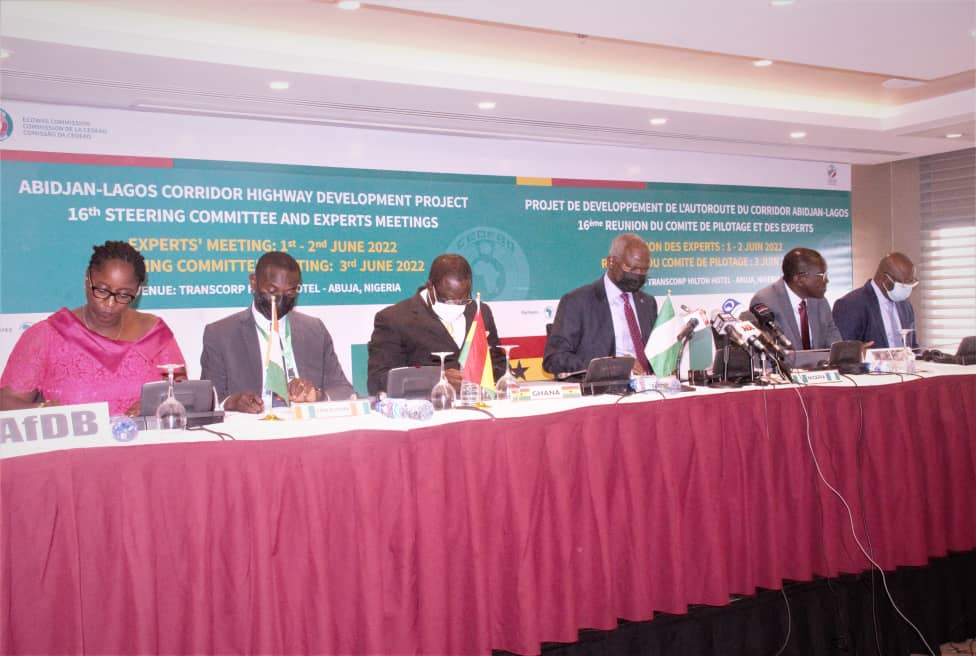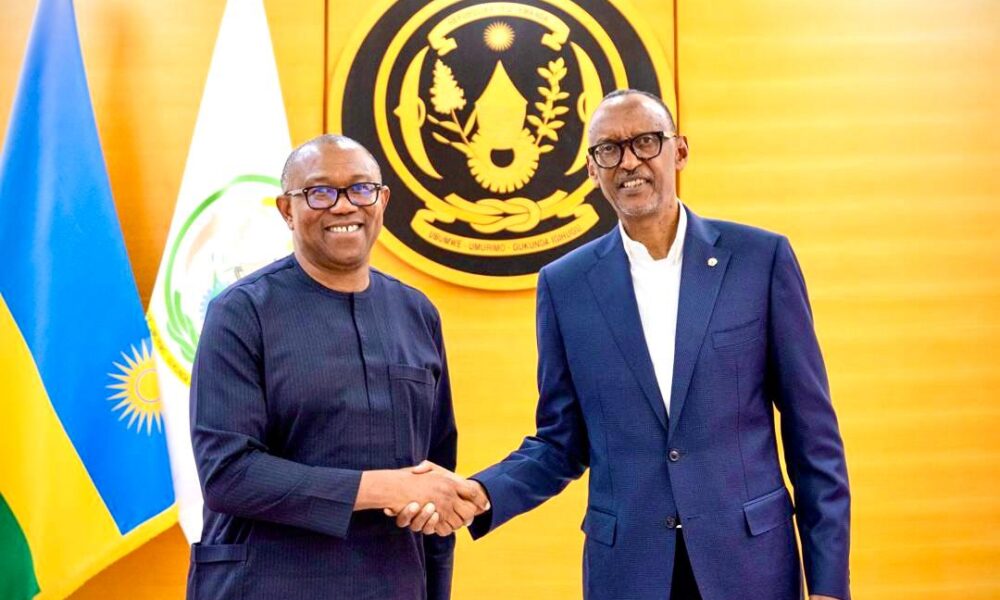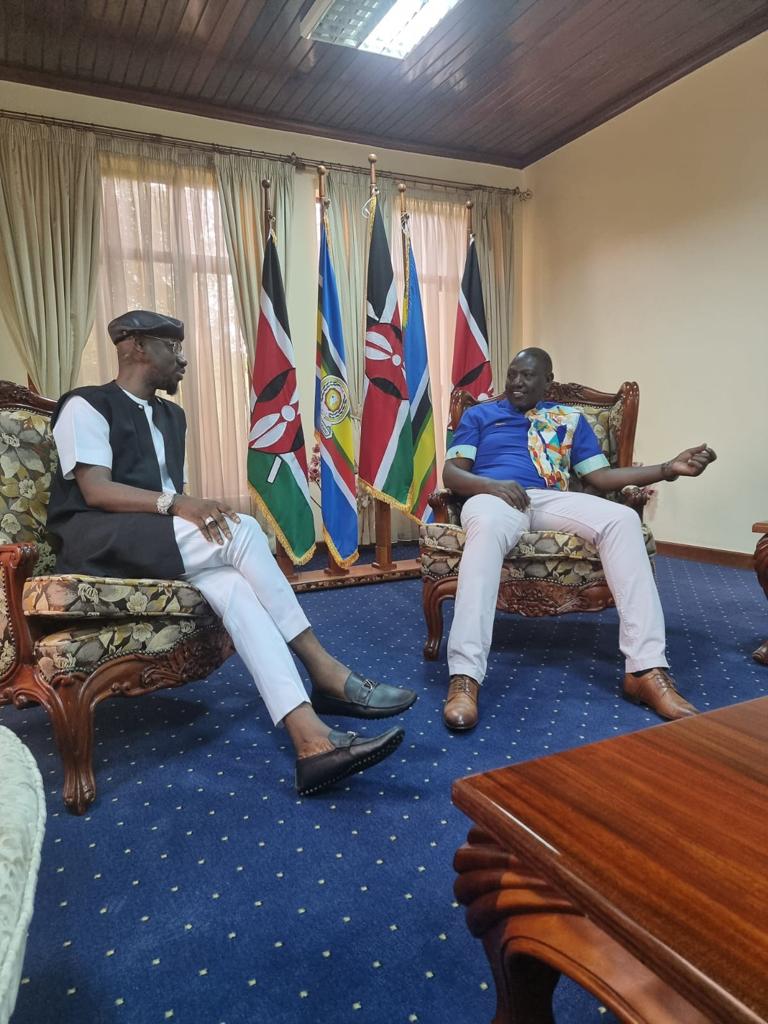***as AfDB insists consultants must ensure job continuation***
The Nigerian government has completed the bridge linking Nigeria and Cameroon on the 1,028 km super highway connecting five African countries of the Economic Community of West African States, Minister of Works and Housing and Chairman of the five regional ministerial steering committee, Babatunde Fashola has said.
The Nigerian Minister said this while briefing the 16th Inter- Ministerial meeting of the five African countries of Benin, Cote D’Ivoire, Ghana, Nigeria and Togo represented by the Ministers and commissioners.
Fashola, told the committee that Nigeria has made progress on the road project with cash already made available for deployment of personnel, materials and equipment on the roads.
He pointed out that Nigeria was waiting for the Approval of ECOWAS to commission the link bridge already completed for the project between Nigeria – and the Cameroon.
He also said the quality of the work must never be compromised for speed as the project was to serve over 40m people.
According to him: “Let me acknowledge the support that we have received from our partners, especially the African Development Bank. I can report here that although we are concerned about the Lagos Badagry giant highway on the western axis, there is a result that Nigeria can report on the eastern axis.
“We have completed now a new link bridge that links the Republic of Nigeria, to the Republic of Cameroon, and it was funded largely by the African Development Bank something and we are hoping that the ECOWAS commission will give us the necessary support to ensure the formal opening of that bridge sometime in the month of June.
“Let me also report that aside from that the Nigerian section of the road we are gathered to talk about and to report about the Lagos – Abidjan highway.
“Nigeria section is the famous Lagos badagry corridor. As the designs are going on, while integration is going on, our government through our President, Muhammadu Buhari on his through tax-credit scheme, has mobilized the resources that will ensure that the Lagos-badagry section of this highway can be fully paid for.
“Money is now in place also reports that work is now going on and those who are familiar with the corridor realized that between December last year and the first quarter of this year, you will see much more rapid deployment of men, machines and materials along that corridor.
“So we are building according to the conceptual standards, which will then be harmonized into roads, that is progress that I can report,” the Nigerian Minister of works stated.
Ministers and commissioners of the other four countries: Ghana Minister of Roads and Highways, Benin Minister of Infrastructure and Transport, who connected virtually, Togo Minister of Public Works and Coto d’ Ivoire, Minister of Road Maintenance and Works, Stephanie Ezoa were present at the meeting and emphasized the need for member state to ensure that consultant do their jobs timely irrespective of the Covid 19 pandemic that slowed global businesses
Chief Transport Economist, African Development Bank (AfDB) and Task Manager Abidjan-Lagos Corridor Lydie Ehouman, who announced that it has made available another €3.5m for the feasibility studies of then project said the new addition was being finalized to ensure the study for the 1,028km road project was smooth and uninterrupted according to the terms of agreement.
She noted that the claim of delay by consultants in member countries were not tenable especially as the terms of reference emphasized continual working in the job as any variation could be discussed and sorted.
Mrs Ehouman said: Today, I am pleased to confirm the signing of an amendment to the financing agreement between the Bank and the European Union making available an additional grant of 3.5 million Euros for the study. The agreement for the on-lending of this additional grant by the Bank to ECOWAS is currently being finalized.
“Thus, in addition to its substantial contribution of US$ 25 million, the Bank will have mobilized EUR 12.63 million in the form of a grant from the European Union, bringing the total amount available for the financing of this highly strategic study to the equivalent of about US$ 41 million.”



